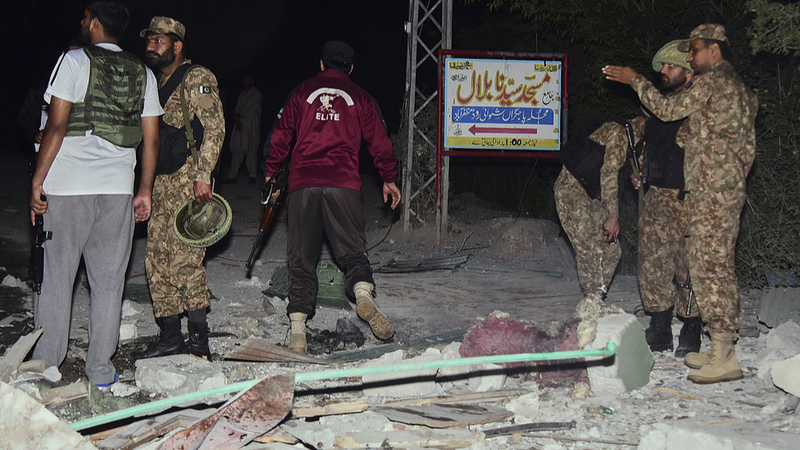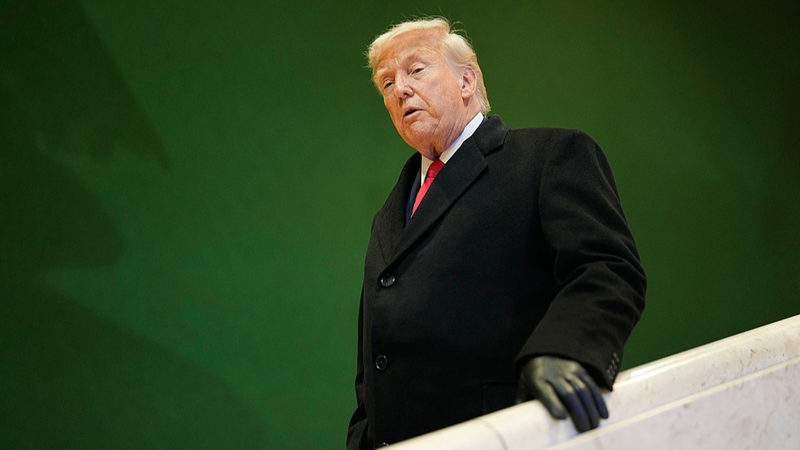Early Wednesday morning, tensions escalated as India launched precision air strikes on targets in Pakistan. Following a tragic attack on tourists in Pahalgam in Indian-controlled Kashmir, India carried out a military operation dubbed "Operation Sindoor." The mission was dedicated to honoring the women mourning the loss of their husbands on April 22. ⚡
Indian officials stated that nine sites, linked to terrorist infrastructure, were targeted, emphasizing that no Pakistani military facilities were hit. In response, a Pakistani military spokesperson reported that the air strikes resulted in civilian casualties, including a child, with several others injured and two individuals reported missing.
In a clear case of tit-for-tat escalation, Pakistan condemned the strikes and vowed a strong reply. Local reports claim that, in retaliation, five Indian fighter jets were shot down. This latest exchange adds another chapter to the long-simmering conflict between the two neighboring nations.
International voices are urging restraint. UN Secretary-General Antonio Guterres stressed that the world cannot afford a military confrontation, while a Chinese foreign ministry spokesperson urged both sides to remain calm to avoid further complications. US President Donald Trump also commented, expressing hope that the tension would end quickly.
Experts warn that the situation is extremely dangerous, especially given that both nations possess nuclear capabilities. Asia-Pacific International Relations Policy Specialist Sourabh Gupta and Soochow University's Victor Gao highlighted the urgent need for diplomacy to prevent further escalation and ensure peace in the region. 🕊
As this high-stakes drama unfolds in real time, the global community watches closely, hoping that cool heads prevail and efforts toward lasting peace continue.
Reference(s):
cgtn.com




